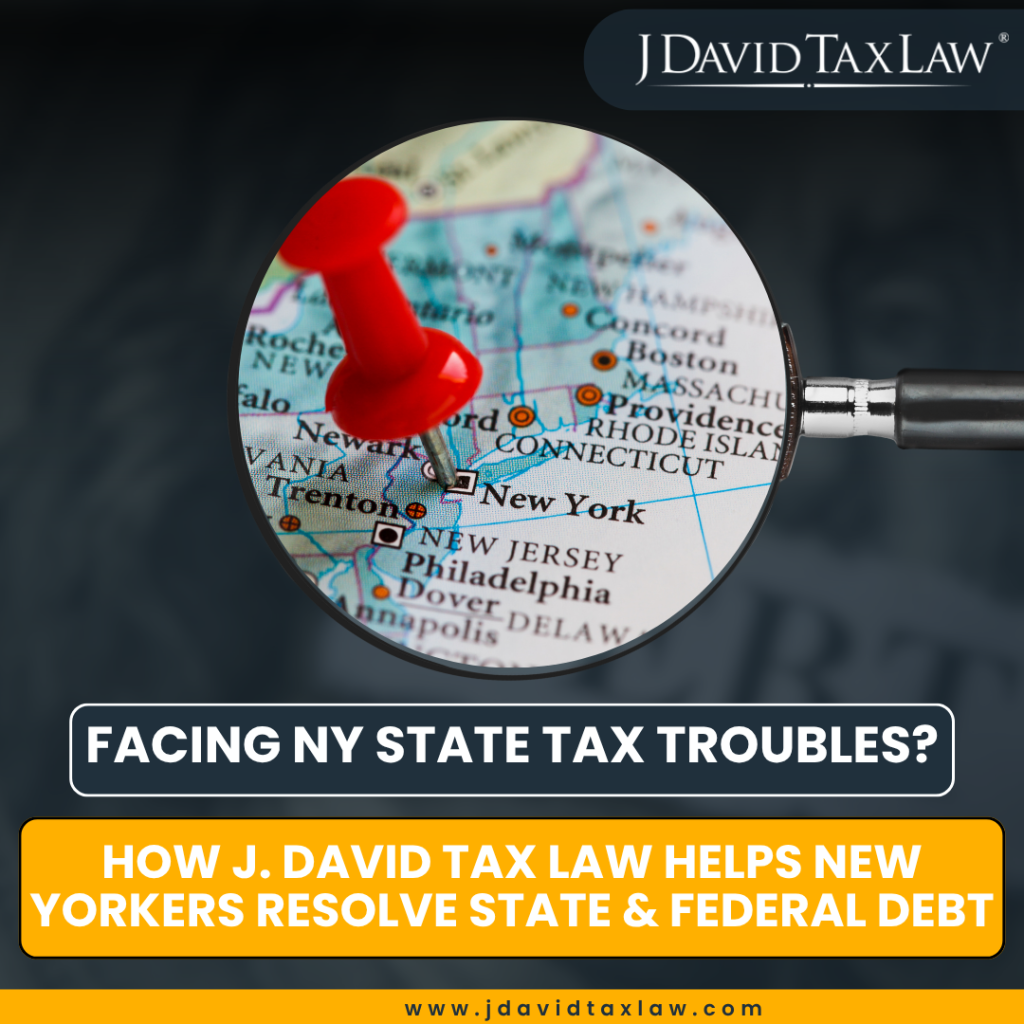In this last article in our series on cryptocurrency we will focus on how to address your cryptocurrency gains and losses and the potential tax liabilities it may bring. We will also look at the various ways your transactions are reported by the crypto exchanges to the IRS and other agencies.
As more cryptocurrency exchange platforms offer a means to buy, sell, and trade these new assets, they will have different ways in recording the transactions and reporting them to regulatory agencies such as the IRS. The common method used by traditional brokerages is generating 1099-B forms that report overall gains or losses; other options for platforms are to send out 1099-K forms to the customers that have had over 200 transactions and $20,000 gross volume in any given year; Coinbase offers additional rewards and fees that are reported on 1099-MISC forms. While these crypto exchanges are all relaying the same information, they can stem from different transactions from different types of cryptocurrencies.
This is a breeze when the platform has done the work for you of calculating the cost basis and gains on your transactions, but sometimes the platforms can leave you out in the storm. At times, your entire log of transactions buying, selling, transferring different cryptocurrencies are simply provided in an excel sheet, saved as a file called a comma-separated values file. When opened in excel, it has extensive information for each individual transaction for your account, recorded chronologically, but without having the overall profit or loss. From here, you can break out the trusty abacus or calculator of your choice and start calculating how much you gained, or lost, from the starting position, moving down each transaction, while also keeping mind of the different cryptocurrencies, the fluctuating price, the fractional amounts, and transfers and withdrawals. It can be a lot and is one of the reasons that there is and will so much tax debt that has been and will be generated from crypto transactions.
As a real-world example, we had a case here at J. David Tax Law where the platform only reported the total amount the customer had generated in their account, which amounted to a staggering tax debt owed that wouldn’t have accounted for cost basis or losses, meaning the tax liability would have been taken straight from that astronomical figure of all transactions. If that amount had been sent to the IRS or other regulatory agencies, they would not have had any context to go off of to determine an accurate tax liability. After a thorough review, the client actually had a loss and a tax refund due. That’s why the cost basis calculator and working through the transactions is vital. Without uniform methods across the board, it can be tough to know what you’re getting into. Luckily, J. David Tax Law had seen this scenario before and we know how to work through it so that no stone is left unturned, with accuracy for your tax liability.
Cryptocurrency Tax Attorney Representation
At J. David Tax Law, our tax attorneys are experts in the taxation of cryptocurrency and the fallout from unpaid taxes on cryptocurrency gains.
Over the last eighteen months, we have represented more than 612 individuals who have been pursued by the IRS for cryptocurrency violations of the tax code. Do not get a false sense of security that the IRS cannot locate the taxable income from crypto transactions. This article outlines exactly how the IRS gets that information from the exchanges. The IRS is currently pursuing tens of thousands of people who owe taxes from cryptocurrency trading and it has only just begun.
If you are contacted by the IRS about a cryptocurrency tax debt, call the experts at J. David Tax Law for a no-cost consultation and immediate representation. You must act quickly in these circumstances.















